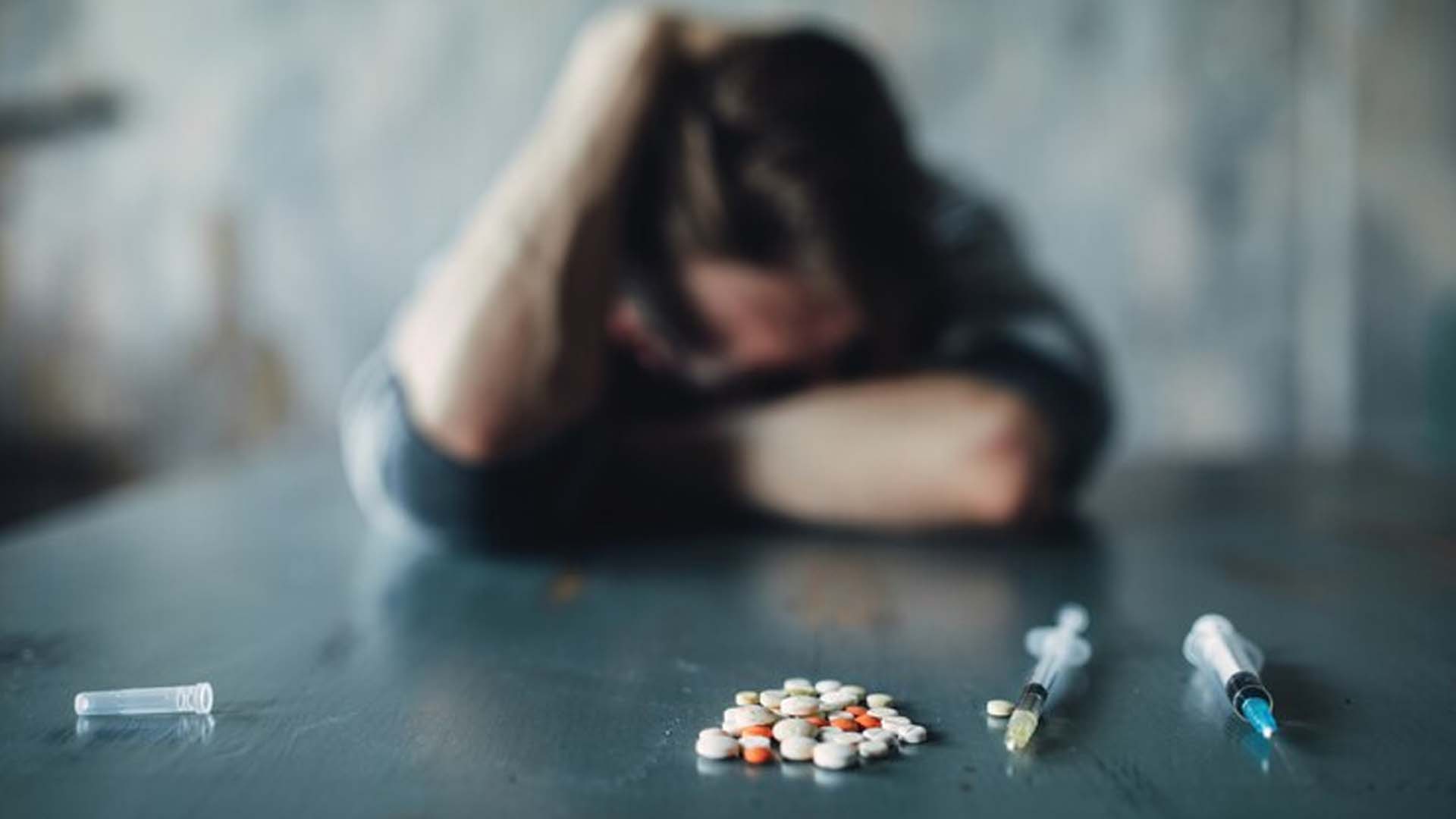Mental health experts in Nigeria have raised alarm over a growing crisis of drug abuse among health workers, warning that the trend threatens the quality of healthcare delivery nationwide.
Psychiatrists say doctors, nurses, pharmacists, and other health professionals who should safeguard medications are increasingly misusing them.
They link this disturbing rise to a combination of easy access, intense work pressure, burnout, and poor coping mechanisms.
Speaking to PUNCH Healthwise, Consultant Psychiatrist Dr. Sunday Amosu, who serves as Director of Research and Training at the Federal Neuropsychiatric Hospital, Aro, Abeokuta, explained that stress-related conditions such as anxiety, depression, and chronic fatigue often drive health workers toward self-medication.
“Many begin by using medication for legitimate medical issues,” Amosu said. “Over time, dependence sets in, leading to full-blown substance abuse.”
He revealed that injectable painkillers and sedatives rank among the most abused drugs within the profession.
“Some inject pentazocine or combine it with tomatazine. Others take diazepam to treat sleep problems.
Initially, they may have pain, but once the pain subsides, they start chasing the euphoria the drugs produce,” he explained.
Amosu warned that sleep disturbance often acts as the earliest sign of psychological distress
. “When health workers cannot sleep well, they tend to self-medicate with drugs like bromazepam, Lexotan, or diazepam.
These benzodiazepines may help at first, but after two or three weeks, tolerance develops. Soon, one pill becomes two, then three and eventually, they stop working,” he said.
Beyond prescription drugs, alcohol abuse is also rising among stressed medical professionals.
Amosu noted that secrecy within the medical community worsens the problem, as many fear stigma or rejection from colleagues.
Supporting his concerns, Dr. Kehinde Oderinde, Consultant Drug Addiction Psychiatrist at the University of Benin Teaching Hospital, listed behavioural changes, poor hygiene, mood swings, physical symptoms, and withdrawal signs as red flags.
“Bloodshot eyes, slurred speech, coordination problems, and unexplained weight changes often signal substance abuse,” Oderinde said.
Statistics from the United Nations Office on Drugs and Crime (UNODC) paint a grim picture.
The agency reports that 14.4% of Nigerians aged 15–64 — about 14.3 million people — use drugs for non-medical purposes. One in five high-risk users injects drugs, with pharmaceutical opioids leading the list, followed by cocaine and heroin.
While men inject drugs more often, women are more likely to inject heroin.
The National Drug Law Enforcement Agency (NDLEA) confirms the crisis, stating that over 14 million Nigerians, including children and teenagers, misuse drugs.
Experts agree that without urgent intervention, drug abuse among health workers will escalate, further undermining Nigeria’s healthcare system.



